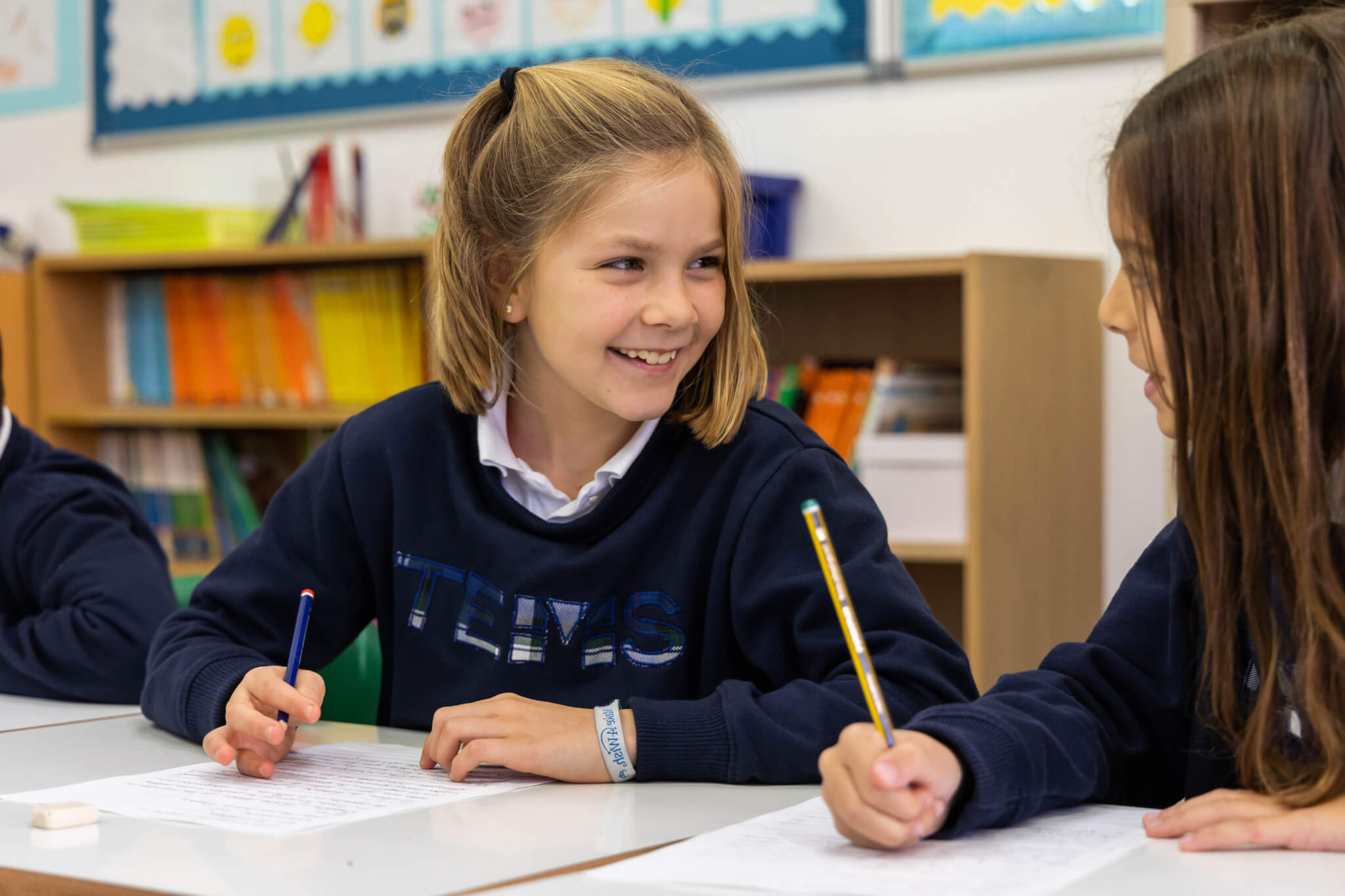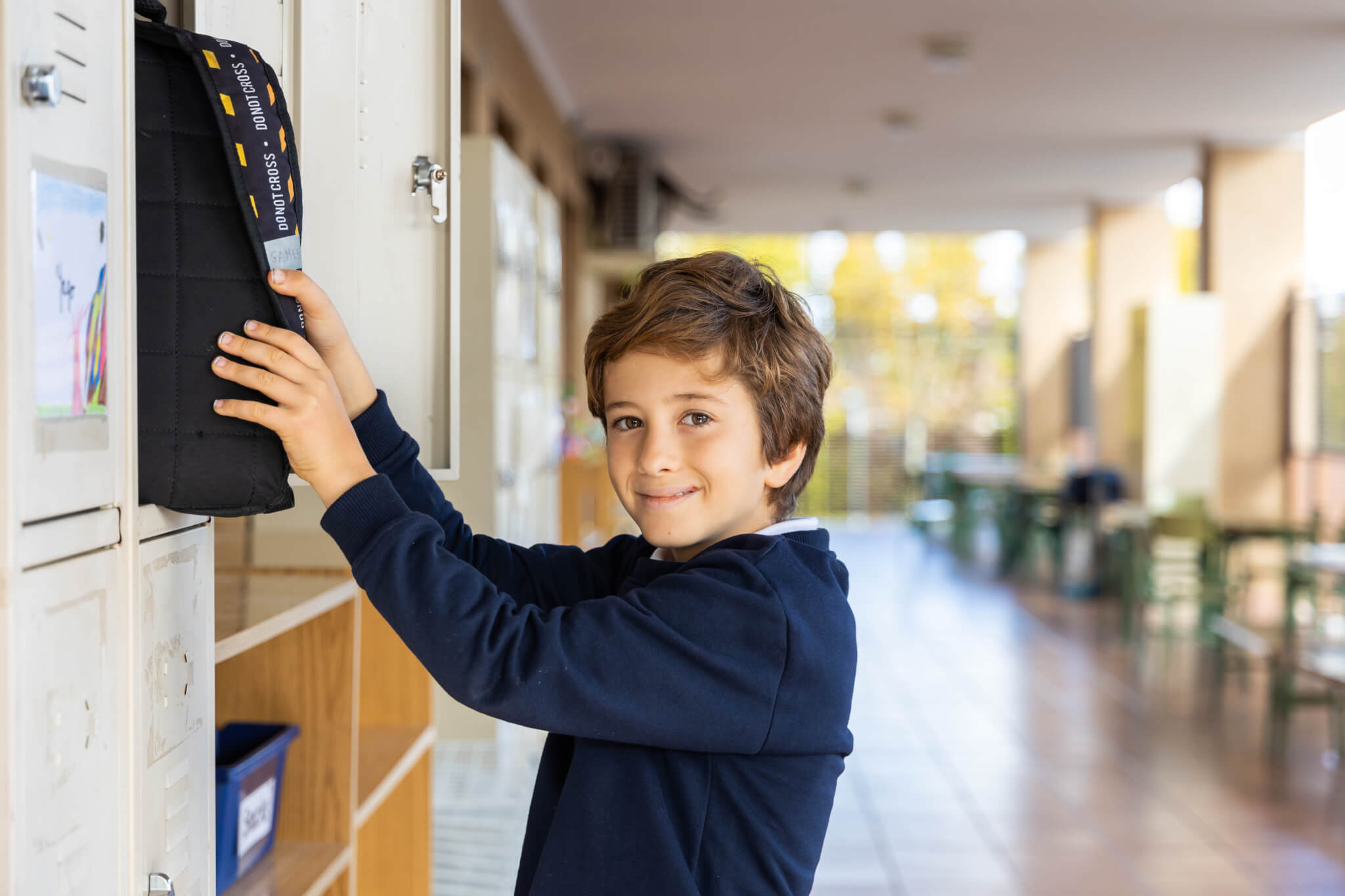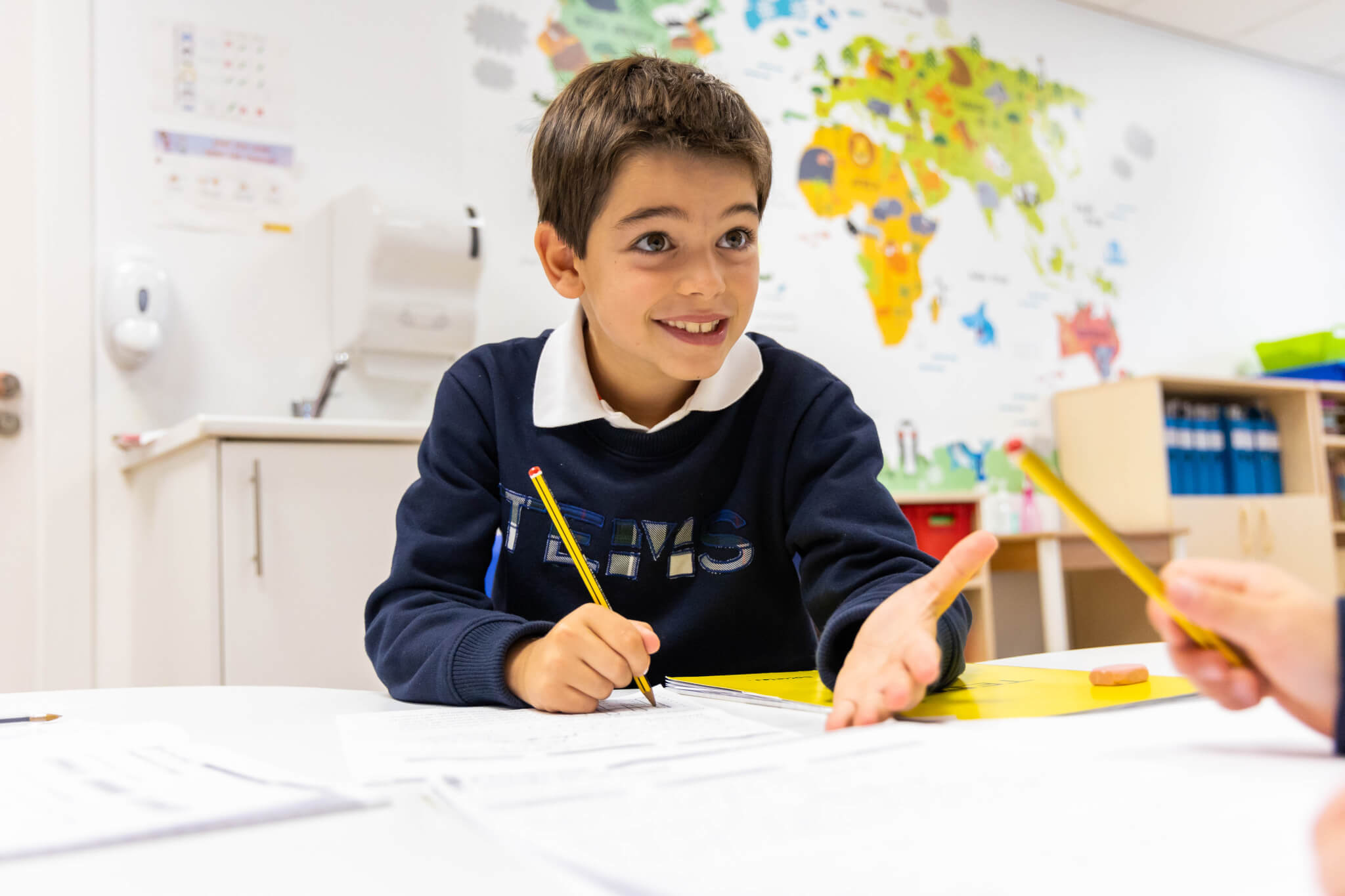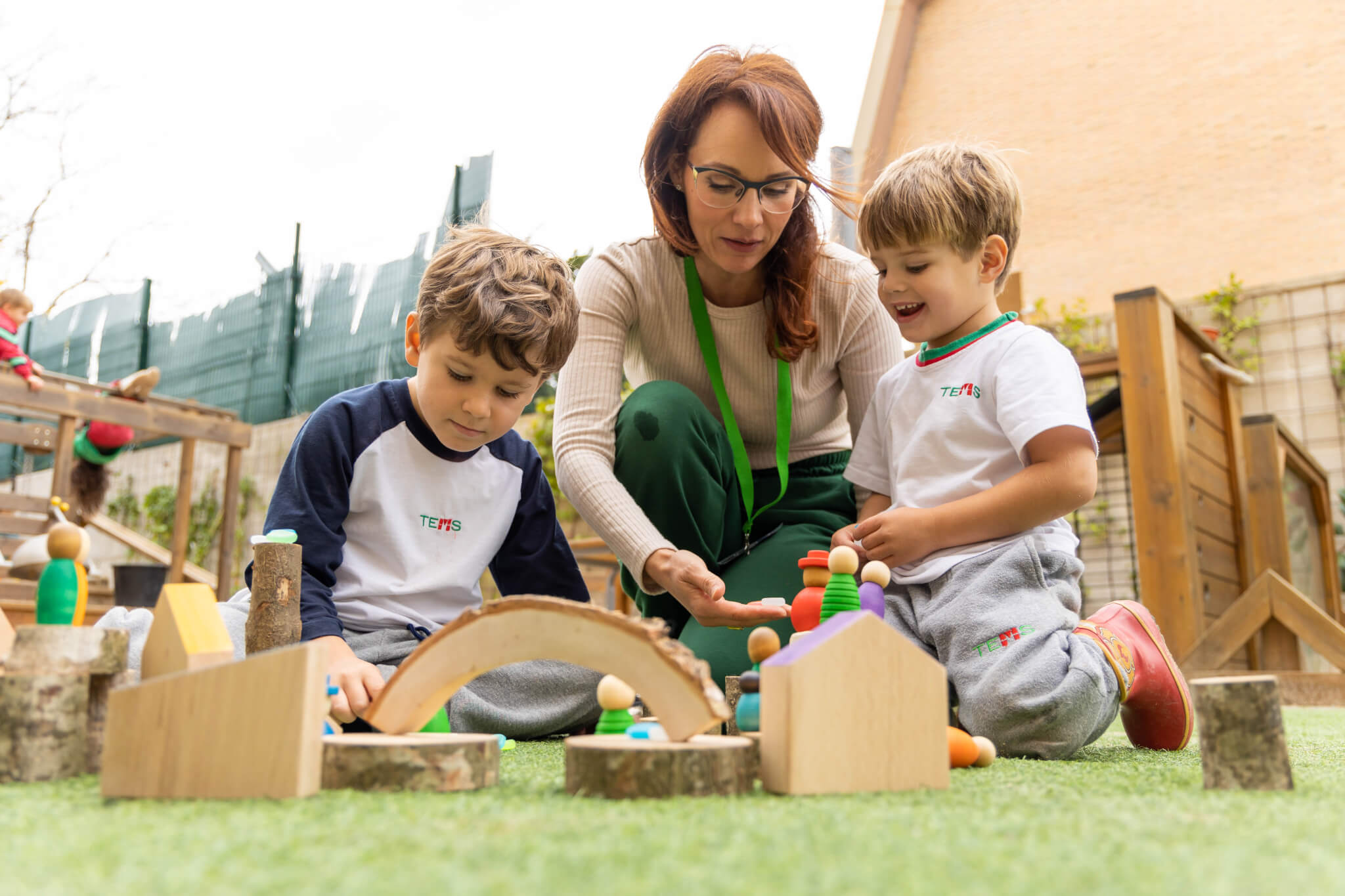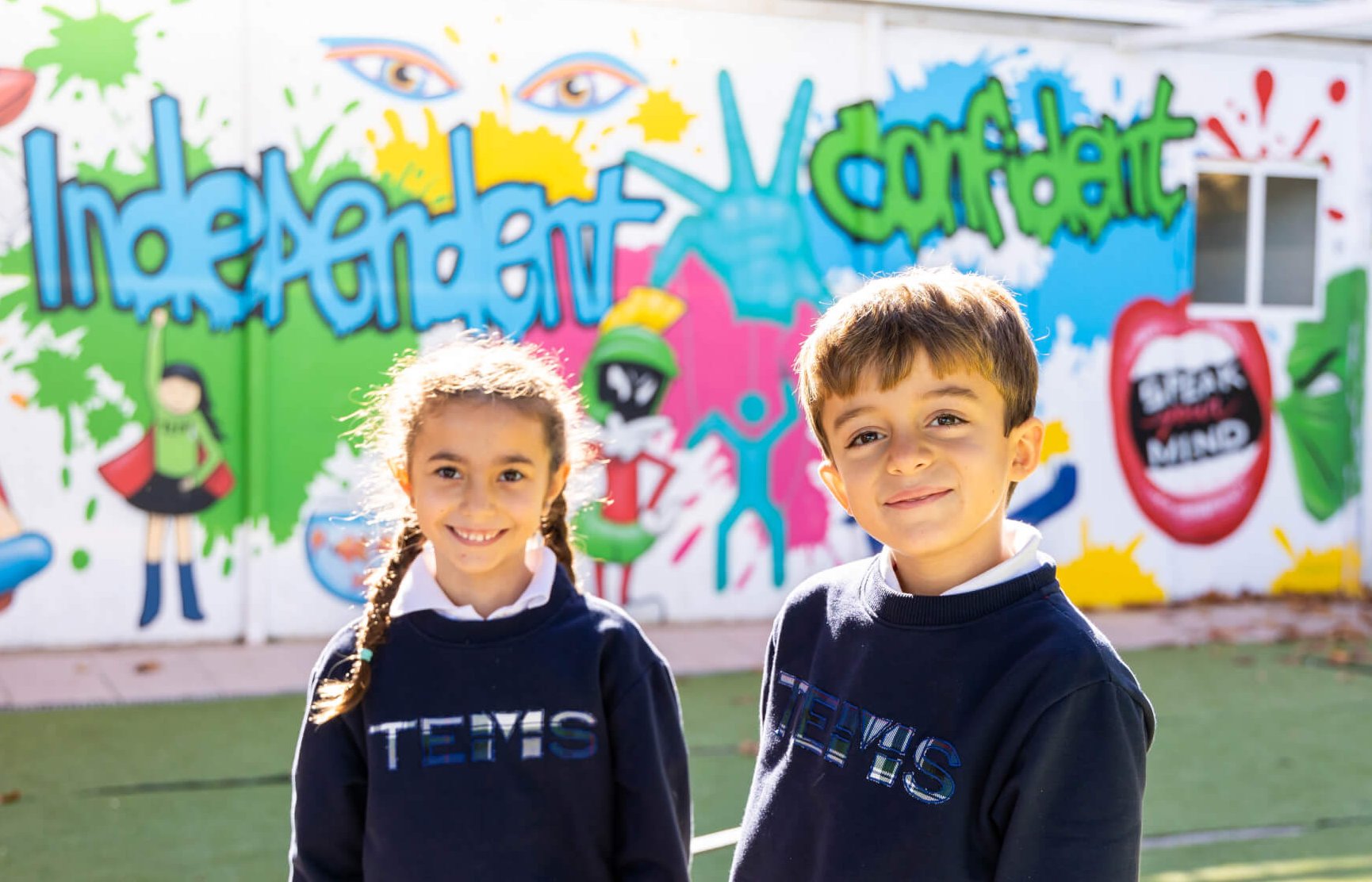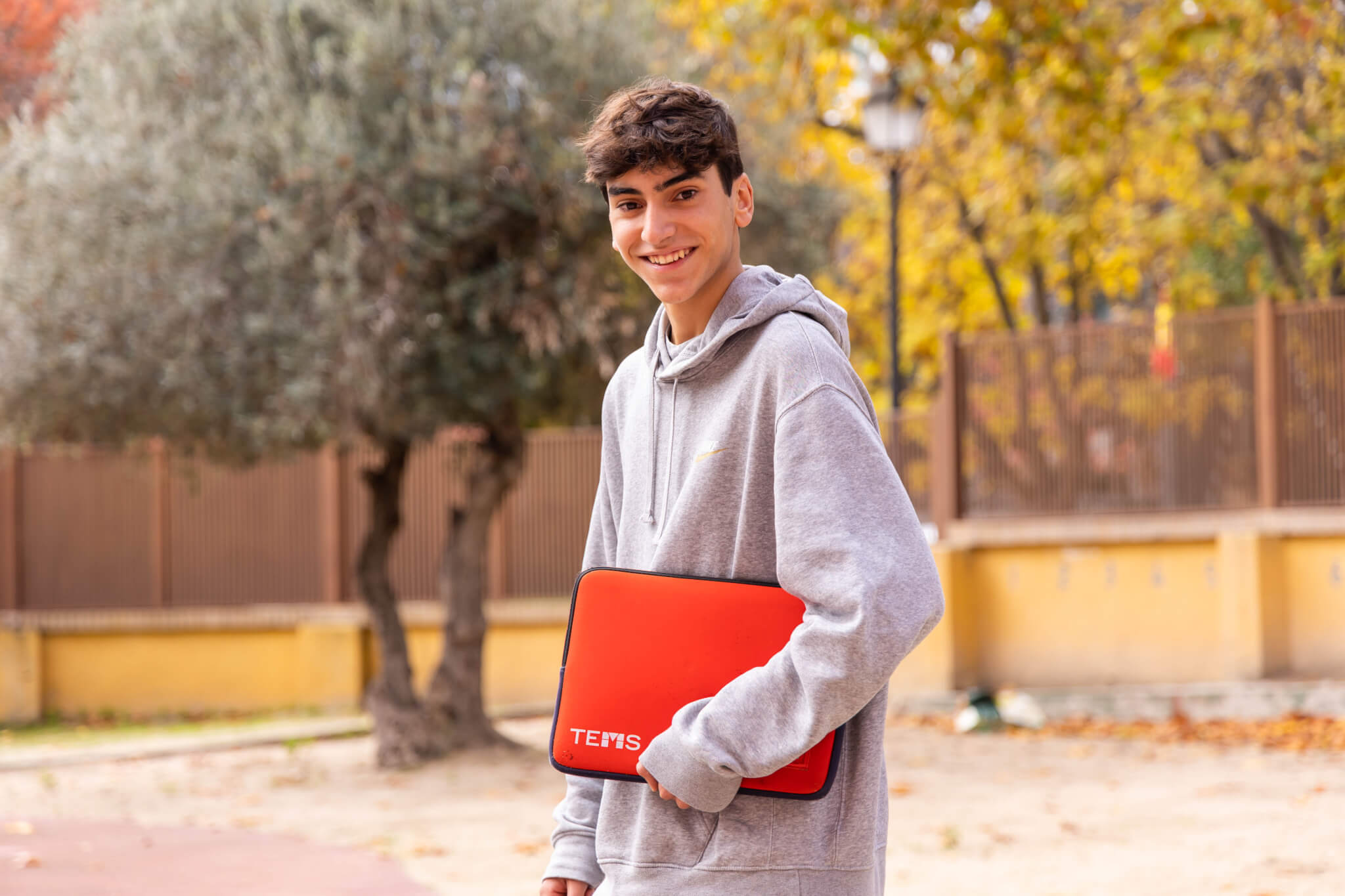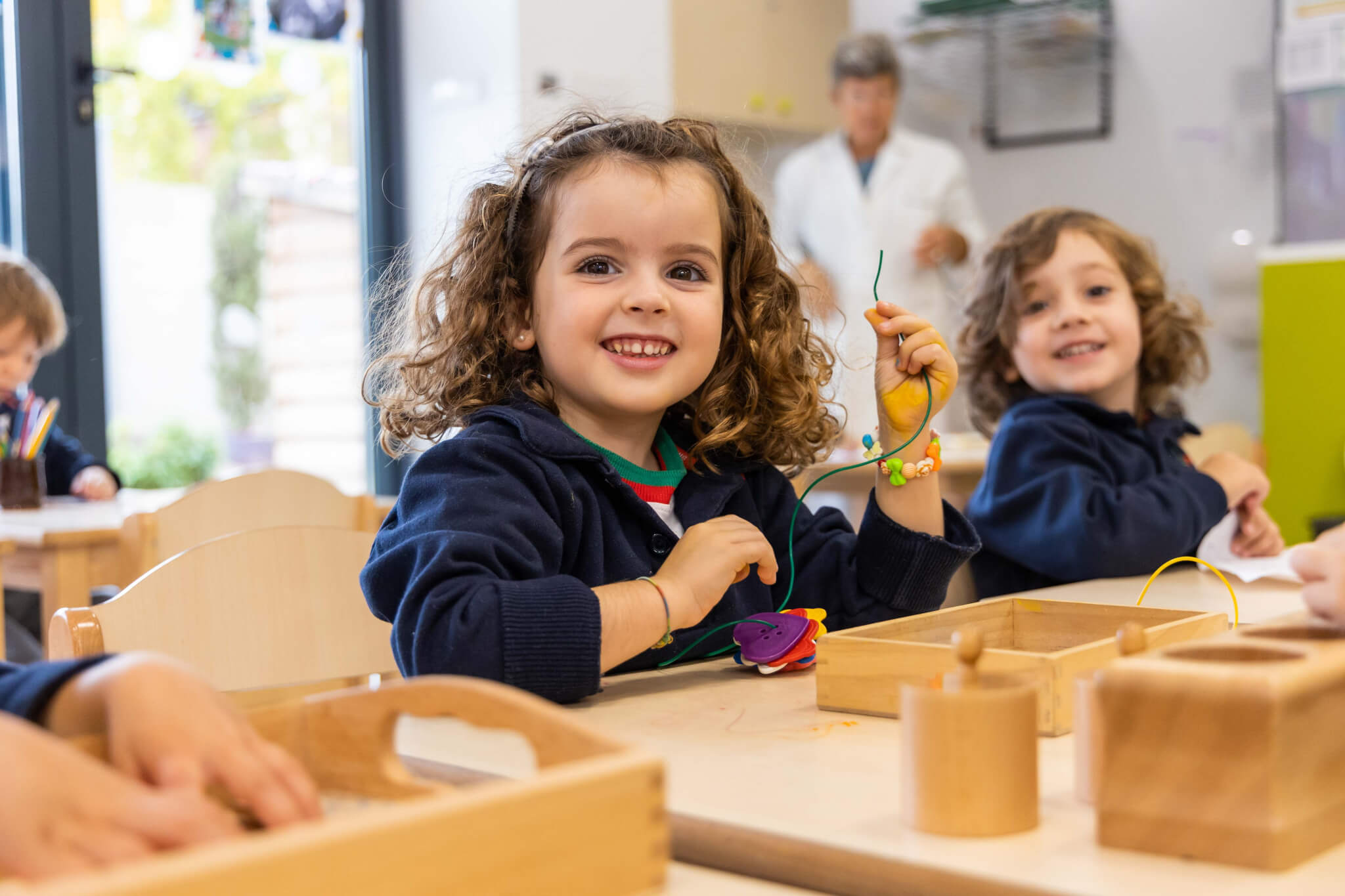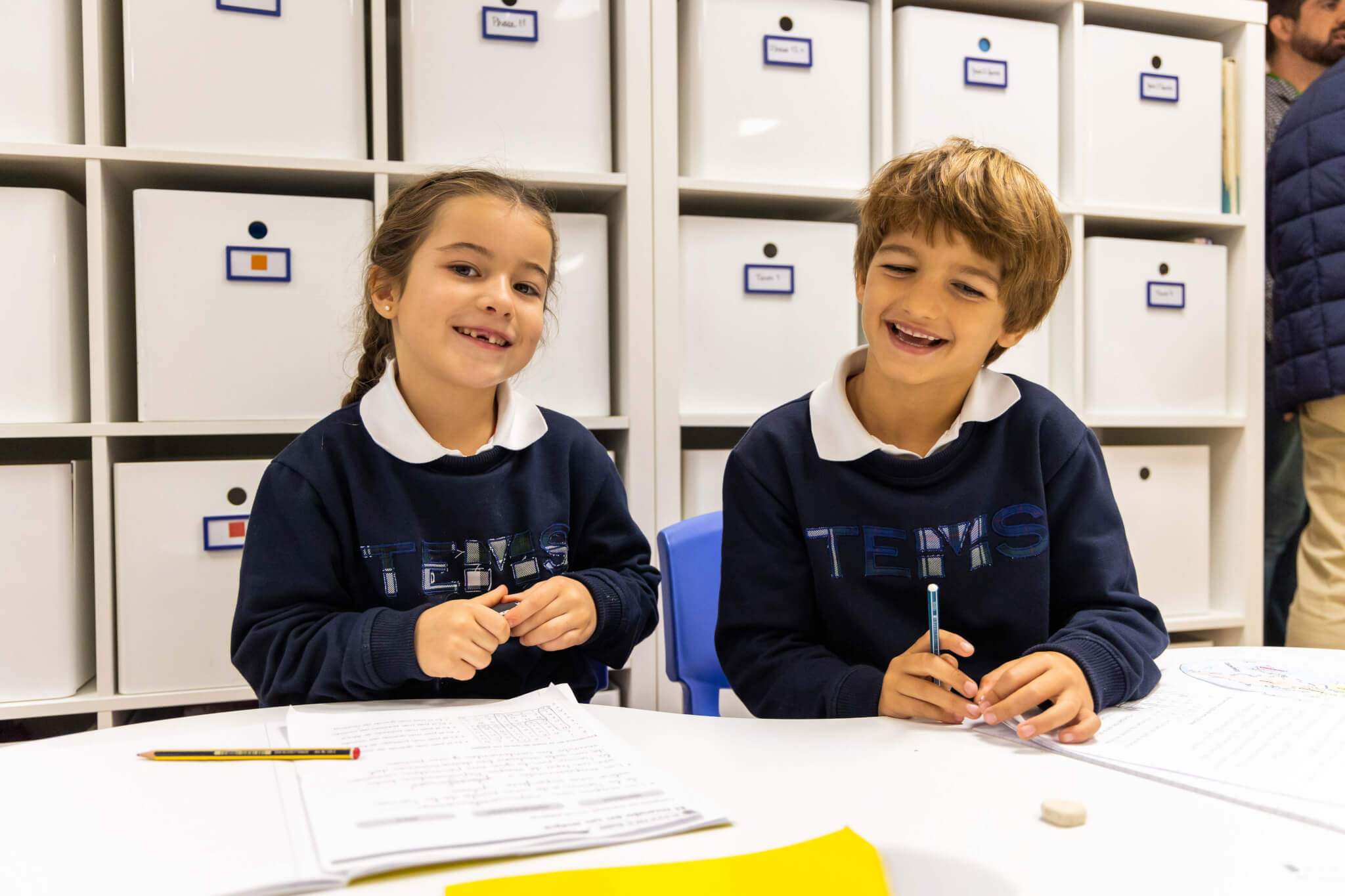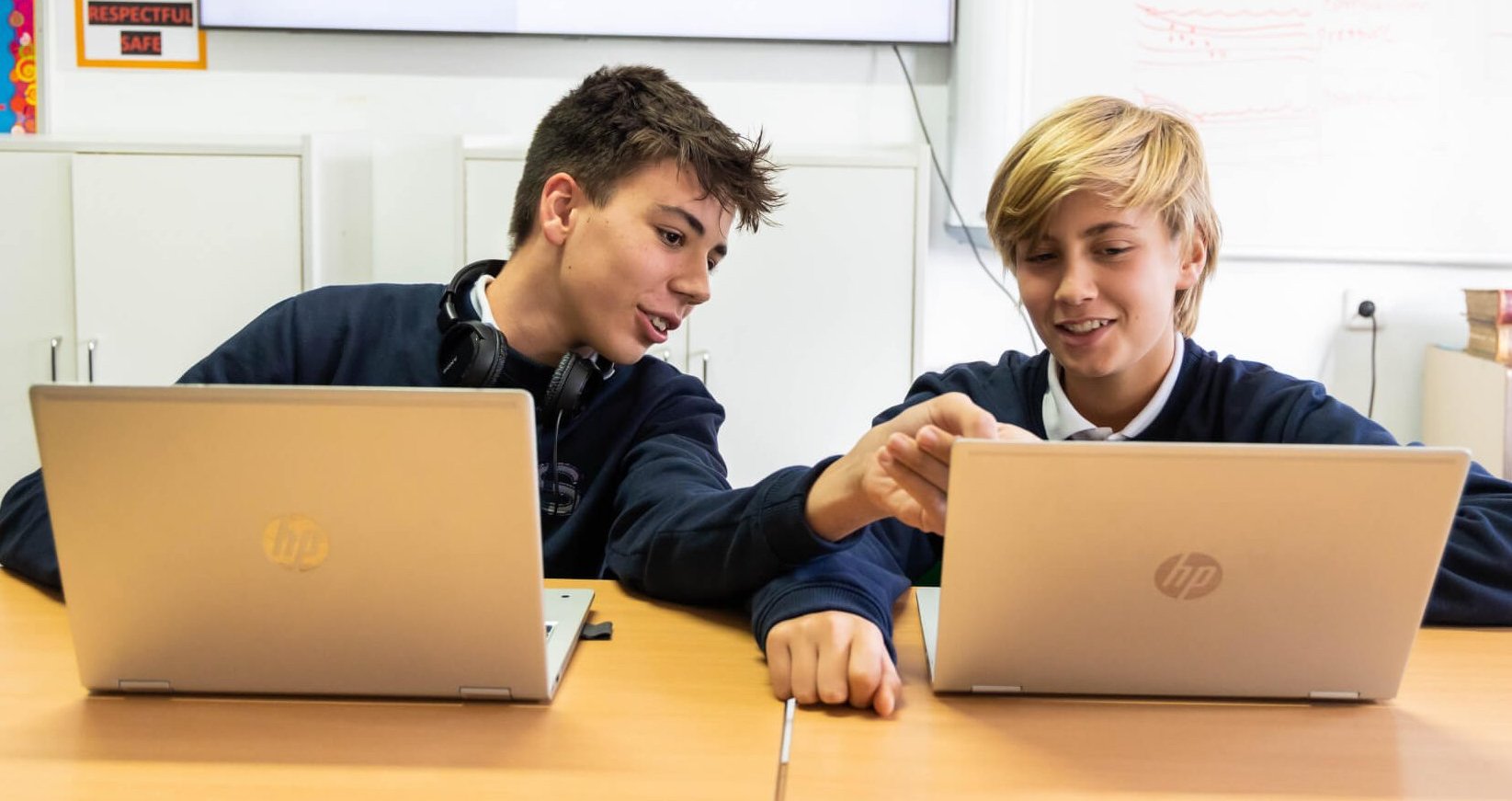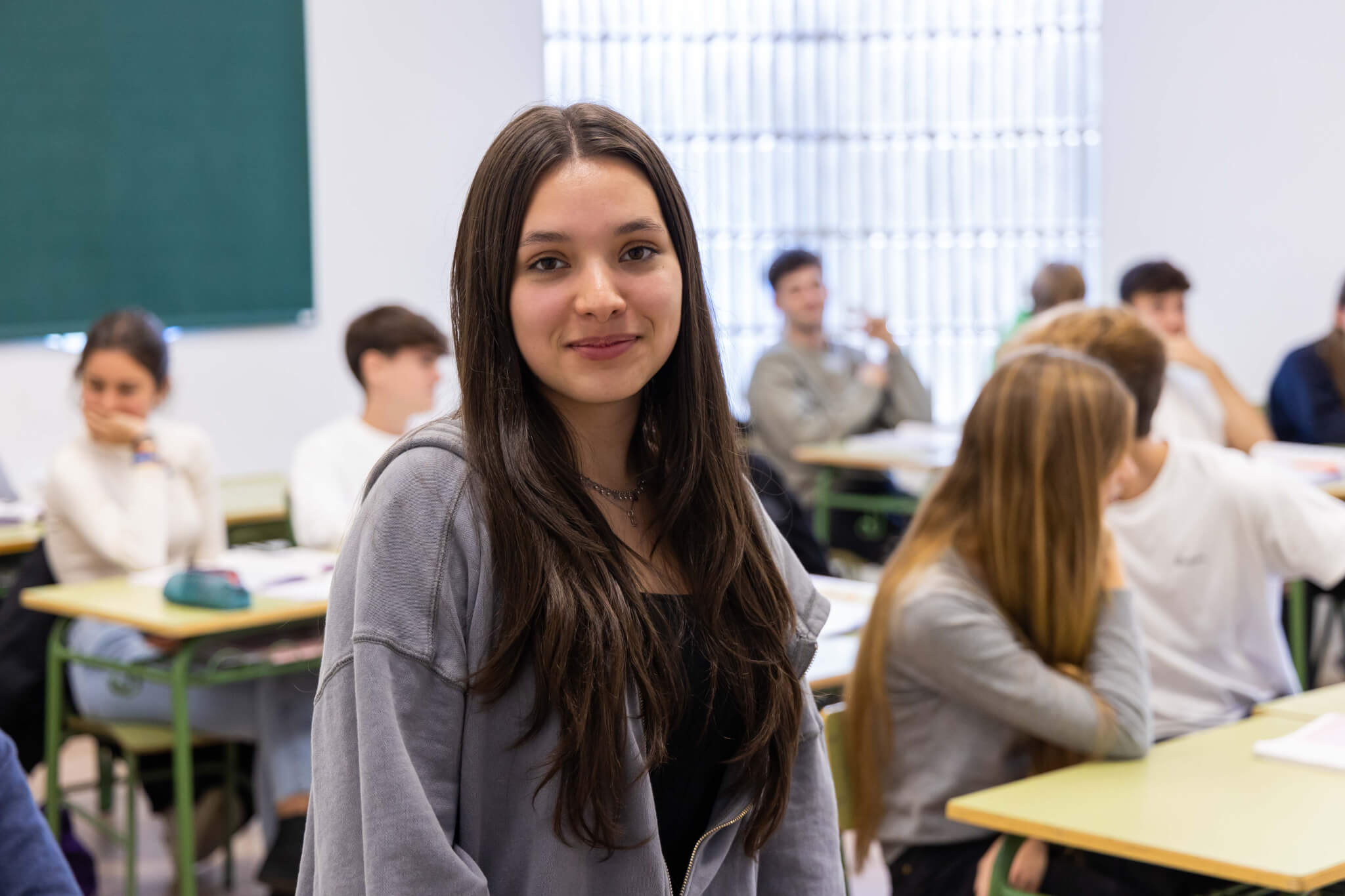Empowering minds,
shaping futures
The English Montessori School is dedicated to nurturing caring, confident, and independent individuals.
Our commitment extends beyond academic excellence to the holistic development of each child entrusted to us. We are not just shaping futures; we are cultivating a community where every child is empowered to reach their fullest potential and embrace a future filled with confidence, compassion, and limitless possibilities.
Our Mission
To provide a holistic education that fosters a passion for learning, encourages independent thinkers, and promotes a sense of global awareness, respect, and empathy.
We aim to equip our students with the skills and values necessary to thrive in a rapidly evolving world, all while building strong connections within our local and global communities.
Our Vision
We envision a world where our students emerge as compassionate, self-assured, and empowered individuals.
Join us for a Private Tour
Explore our vibrant classrooms, meet our dedicated teachers, and experience the nurturing space we've created for your child's learning experience.
Our Values
Where values of caring, independence, and confidence breathe life into our community
We are committed to providing a well-rounded education that not only equips students with academic knowledge but also empowers them to be caring, confident, and independent individuals with a strong sense of social responsibility and a global perspective.
Start a unique learning experience
Discover the enriching educational journey that awaits your child across the various stages at The English Montessori School (TEMS).
3 - 6 years old
7 - 10 years old
11 - 15 years old
16 - 18 years old
Descarga nuestro folleto informativo
Haz clic para descubrir el camino hacia una aventura de aprendizaje integral y excepcional para tu hijo.
Get in Touch

